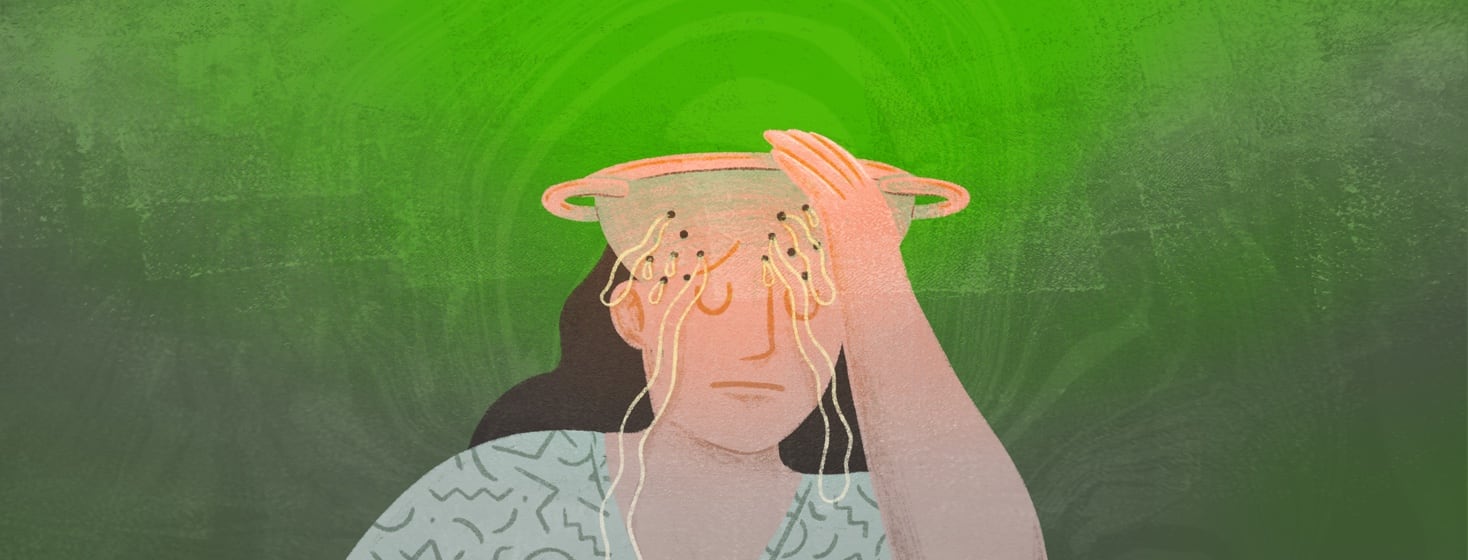Chronic Pain and Mental Drain
Whether you are new to rheumatoid disease/RA or whether you have fought this battle for years, it is important to understand how chronic pain affects our mental health. You have noticed that you feel down when your disease is in flare, but you chalk it up to being isolated in bed.
How does chronic pain alter our brain?
Neurotransmitter changes
Chronic pain alters how our neurotransmitters work. Neurotransmitters are the substances that allow messages to get from one nerve cell (neuron) to the next. Neurons are not connected and there is a gap between them. In that gap, neurotransmitters gather and move from one neuron to the next. Usually, this system works well. With chronic pain, everything changes. Certain neurotransmitters are like candy to chronic pain and they are used up.
Neurotransmitter depletion
My favorite saying, “Chronic pain eats through your happy neurotransmitters” is true. Serotonin, the transmitter that makes you feel so good after your Thanksgiving turkey, is greatly depleted during chronic pain. Norepinephrine, your “get up and go” transmitter, gets depleted too. Your body cannot keep up with the depletion during chronic pain.
The cycle of chronic pain and mental drain
No, not the bicycle! The cycle is that your chronic pain eats through your transmitters, which then makes coping with the chronic pain more difficult, so your chronic pain becomes worse and you become even more depleted. It becomes a miserable hamster wheel.
Do you often find yourself wondering if you can continue? Perhaps you wake up and think, "Will this ever be manageable?" Or, do you wake up in a flare and realize your brain is not functioning correctly and you are hopeless?
Tips on how to cope
1. One of my best days ever was when I found this site. The support, encouragement, and the realization that I was not alone have ministered to my soul. This is crucial to our survival.
2. Finding one friend who cared enough to attempt to understand was essential. It is a difficult struggle to find someone. I also consider one of the writers on this site a friend who always nails it.
3. Setting up a routine is also useful, especially for bedtime. If I don’t sleep, I don’t cope.
4. Eating well, even when I want comfort food.
5. Hydrating with intent is essential to keeping our joints lubricated.
6. Exercising, even just a little.
7. Recognizing when you need extra help.
Seek out extra help
Here at Rheumatoidarthritis.net, we cannot give medical advice. Talk with your rheumatologist and your primary care physician. Let them know your struggles. There are many options to help.
Support groups, whether in person or online, are a great way to deal with all the complications of our RA. Exercise helps with mood as well. It does not matter if you are only able to walk to the mailbox and back, it does help. Some of us use anti-depressants as well. There are many different options, and you and your doctor should work together to come to the right choice.
Blessings and virtual hugs,
Mary Sophia

Join the conversation